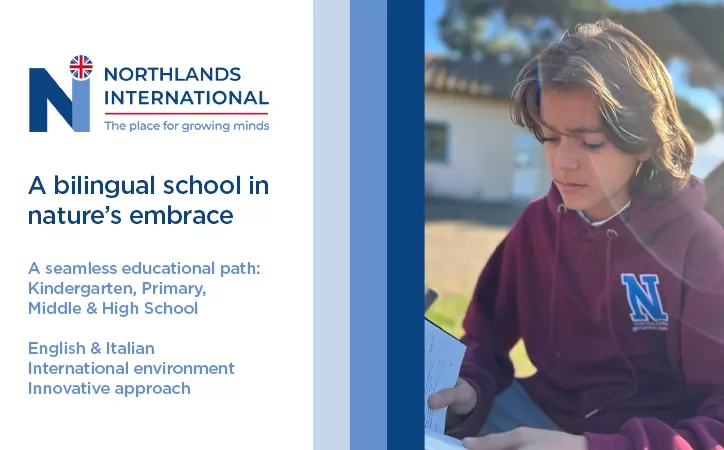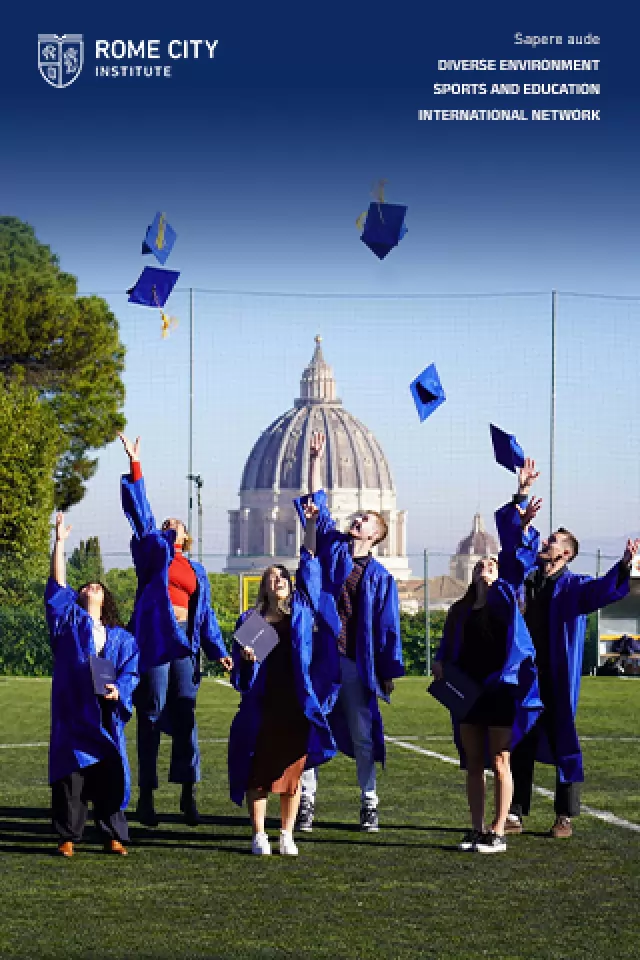Getting to grips with school reform.
This school year has finally seen the introduction of the Riforma Moratti, a series of reforms that have been under discussion since Silvio Berlusconi became prime minister in 2001 and that Letizia Moratti, Italian minister for education, claims will bring Italian education into line with the rest of Europe. The first innovations, those being introduced this year, only concern the elementary and middle schools. After months of confusion, conflicting information and protest from both children and teachers, it is now possible to see the differences that the changes will make.
The first change is that children no longer go to scuola elementare (primary school) and scuola media (the first three years of secondary school); instead, they go to scuola primaria and scuola secondaria di primo grado. The second change is that from the very first year of primary school all children now learn English and how to use a computer. From the first year of secondary school a second language has been added to the syllabus, usually French or Spanish.
It is also planned that every child will have a portfolio (a personal file) in which ability and achievements will be recorded. This will be passed on throughout his or her school and university career. Children were supposed to be getting a tutor or class co-ordinator a teacher who would follow their studies, communicate with families and ensure the smooth running of the classes, in collaboration with the other teaching staff. The teachers unions are unhappy about this because they have been offered too little pay for what is a large amount of work, and in many schools, the ruling has been put on hold until next year.
Schooling is mornings only but more and more primary schools now offer lunch and after-school activities to help working mothers. Secondary schools will now offer extra hours two afternoons a week. Saturday school, once the norm, is now on the way out as more and more parents want to get out of town for the weekend.
At least 27 hours must be spent at school per week, with schools offering up to a further three hours a week for children in primary school and a further six hours a week at secondary school. This is intended to offer families the possibility of choosing how their children fill their day. They can take up as many or as few options as they wish.
The primary school syllabus is made up of Italian, history, geography, science and maths, languages, sport and religion (which is not obligatory). The extra three hours will be dedicated to further work on Italian, the foreign language, history, geography and maths. At secondary school, music, art and technical drawing are added to the syllabus and the final three hours should include more music, extra coaching in the second foreign language and courses in art, technical drawing and health.
The permitted school leaving age, which until now has been 15, will rise by one year every year until 2008, when some form of schooling will then be compulsory until 18. Those wishing to leave school and go to work before they are 18 will be allowed to do so, but they will be obliged to enter a system of school/work where they will be monitored in the workplace by a tutor. Schools will be responsible for running these schemes in co-ordination with local chambers of commerce, public offices, private enterprises, research and voluntary organisations; it will enable young people to gain skills and experience in the workplace while they retain the support and counsel of the school system. With the new Moratti reforms, at the end of the 12-year school cycle every 18-year old should posses a diploma or some sort of qualification.
So what is an Italian education really like? Unlike British education, schooling is standardised throughout the country, and the majority of children go to state schools. Some say that previously it was one of the best in Europe, others that it needed reforming. Foreigners whose children attend Italian schools are usually very satisfied. The teachers are thorough, old-fashioned and demanding; great emphasis is put on the three Rs (reading, writing and arithmetic) and Italian grammar and syntax and mathematics are rigorously taught from an early age.
Oral presentation is a regular part of school life; every child is called to the front of the class and questioned about the subjects that have recently been studied. It probably explains why Italians are so good at expressing themselves.
Marks from one to ten are awarded for everything, including behaviour; the pass mark is six for everything except behaviour, where anything less than eight is unacceptable. If a child does not achieve sufficiently good grades he or she risks bocciatura being made to repeat a school year although with the new reforms this will not now be possible until the second year of secondary school. The children quickly learn how to survive in a tough environment. There are some who think that the first eight years of school are boring and that the syllabus is unimaginative, but at the end of it, Italian children usually have a good all-round foundation and are well prepared to cope with the next stage of their schooling.



















